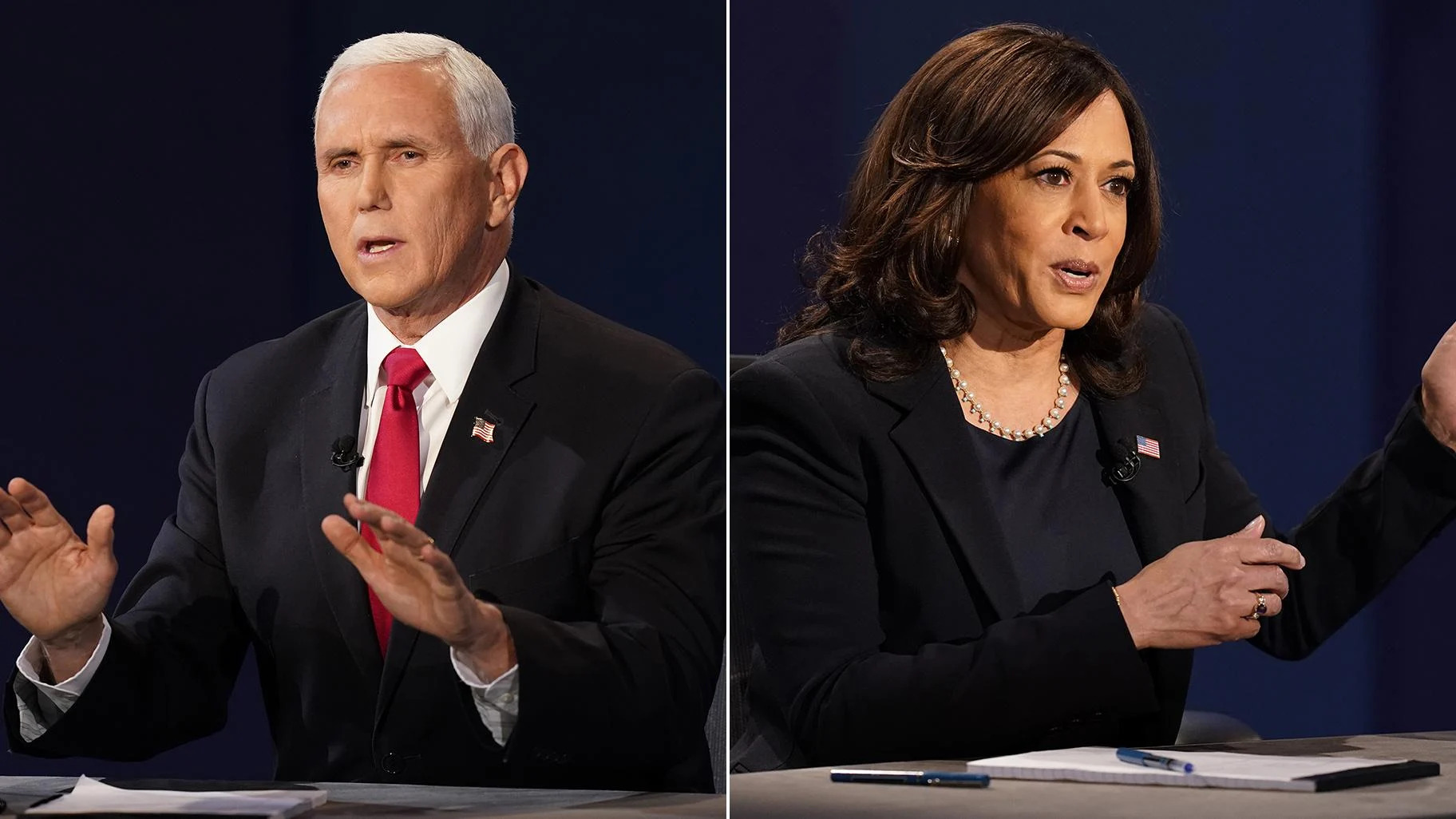On Wednesday, October 7, Kamala Harris and Mike Pence faced off in their first debate. The debate was in stark contrast to the presidential debate, and it provided more proof that our debate system has flaws which cannot be ignored. Some of the most important topics were left without enough airtime or unanswered by both candidates. Eerily reminiscent of the first debate, where the candidates completely ignored the topics of discussion, the vice presidential debate showed that our debate system cannot be counted on to accurately show American voters a broad range of topics, and how each candidate wished to handle them. Instead, it can only be counted on to showcase the bitter arguments of two parties continuously at odds.
The vice presidential debate was not as cacophonous as the presidential debate, where debate guidelines disappeared and were replaced by a “might makes right” mentality. However, ignoring the question asked and instead using the airtime to launch a separate attack has been a main theme in both debates. This began with the very first question, where the moderator asked Senator Harris what a Biden administration would do about COVID-19 that a Trump administration would not. Instead of responding to the given question, Harris launched an attack on the Trump administration’s failures to address COVID, with barely 15 seconds of her response being about the Biden administration. While this was a valid point to make, the original question was ignored, meaning that the millions of voters watching the debate didn’t see an answer to the question. Instead, they saw what they had already seen in campaign ads all over the country—scathing remarks. The tangential discussion was not limited to Harris. The first question asked to Pence was why the coronavirus death toll in the US was so high. His response was a targeted defense of the Trump administration’s response to the coronavirus, from vaccines to medical supplies. His response was far from answering the question. Americans wanted to know, where did the response go wrong? But instead, they saw, as they would again and again throughout the debate, a carefully planned political statement which answered the question only when it wanted to. This theme of skirting questions and derailing topics is characteristic of our debate system, which makes no attempt to keep candidates on topic.
Questions in a debate are meant to guide the discussion, not to serve as cues for candidates to begin speaking on a topic of their choice. In the last two debates, however, this has been a recurring theme.On COVID-19, voters didn’t hear plans, nor did they hear hope. Instead, they heard one candidate campaigning on failure and another candidate defending it stubbornly. When Pence was asked if he had an agreement with Trump about presidential disability, he completely ignored the question. Instead, he continued the previous debate, and began to talk about vaccines, an entirely unrelated topic. In his entire response, the question was not answered, or even mentioned. More often than not, the topics which are most important to voters do not align with what is politically advantageous to candidates, and as a result, these topics are carefully avoided. Worst of all, our debate system does not punish going off topic. It makes no attempt to stop it.
In order for our debate system to work as intended, some type of framework needs to be implemented that prevents candidates from taking advantage of loopholes. The two major problems that we have witnessed in our most recent debates are candidates going off topic and candidates going overtime. The latter can be solved with a “chess clock” framework, where candidates may speak when they wish about the topic, and they have a set amount of time that they can use. If they run out of time, their microphone will be muted. This will prevent candidates from going overtime without a punishment. The issue of going off topic, too, would be ameliorated with the introduction of the chess clock system. With limited time, candidates would not want to go off topic.
In conclusion, our debate system is riddled with flaws, and needs great reform. By not stopping candidates from going off topic, or avoiding questions, it allows them to hide information from us. After all, what can a debate mean to Americans if their only purpose is to convince us that failures don’t matter and success is everything? Debates will be political, and they will always be full of differing agendas, but when candidates use them as an opportunity to misinform the public, sow distrust, and minimize important issues, then they are no longer meaningful. Our debates should be a beacon of hope, showing us what each party hopes to achieve for America. They should not be trapped in despair and failure.

